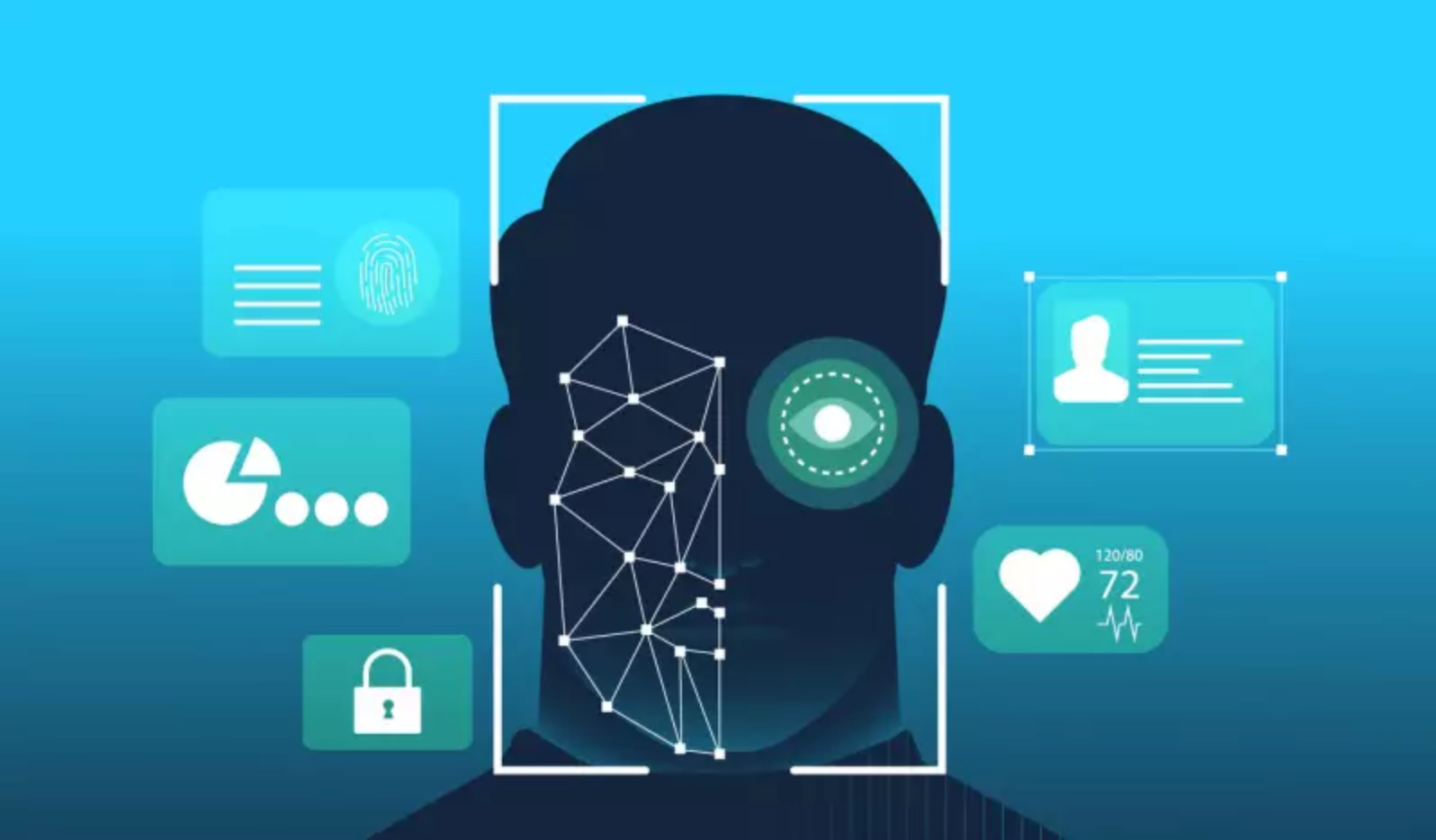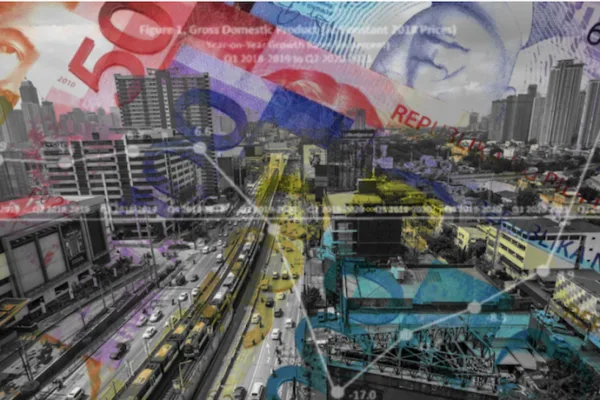by Edielyn Mae Mangol, Reporter
Digital identity verification has become a cornerstone innovation in fintech, reshaping how banks and financial platforms in the Philippines onboard customers securely and efficiently. As digital finance expands rapidly, leveraging biometric technologies and AI-driven verification enhances customer experience, compliance with regulatory mandates, and fraud prevention.
This article explores key innovations and their impact on the fintech sector’s onboarding and KYC processes in 2025, highlighting how digital ID solutions are driving financial inclusion and trust in the Philippine market.
Innovations in digital identity verification technologies
Biometric verification technologies, including facial recognition, fingerprint scanning, and liveness detection, have revolutionized user authentication in fintech. These advanced tools authenticate users by matching their live biometric data with government-issued IDs, effectively countering sophisticated identity fraud such as deepfakes and synthetic identities. AI-powered algorithms enhance this process by analyzing patterns and detecting anomalies, ensuring accurate and real-time verification for secure onboarding.
Complementing biometric advances are decentralized identity systems, particularly self-sovereign identity (SSI), which empowers users to control their verified credentials through blockchain-secured digital wallets. This paradigm improves privacy by minimizing data exposure and allows individuals to selectively share identity attributes with banks and fintech platforms. Together, biometric and decentralized identity solutions streamline onboarding, reduce manual verification friction, and heighten security across financial services. Global leaders such as Veriff underscore the growing adoption of these technologies in fintech worldwide.
Applications across fintech sectors and the Philippine context
Digital identity verification plays an essential role across multiple fintech sectors. In banking, it automates eKYC processes, enabling instant account opening while complying with stringent Anti-Money Laundering (AML) and KYC regulations.
Lending platforms benefit from rapid borrower validation, reducing fraud risk and expediting credit decisions. Payment services utilize identity checks to secure transactions and prevent unauthorized access. Cryptocurrency exchanges implement robust digital ID protocols to satisfy regulatory scrutiny and combat illicit finance. Insurance providers rely on these verifications to authenticate claimants and deter fraudulent applications.
In the Philippines, the government’s rollout of the Philippine Identification System (PhilSys) stands as a transformative driver for digital identity verification. Launched in 2018, PhilSys has issued over 60 million physical and electronic PhilIDs as of early 2023, incorporating biometric data such as fingerprints, iris scans, and facial recognition to create a more tamper-resistant identity platform. This system enhances financial inclusion by simplifying access to bank accounts, loans, and digital payment services for millions previously excluded due to lack of valid ID documents.
Financial technology firms such as GCash have integrated National ID authentication to streamline user onboarding, enabling millions of Filipinos to verify their accounts effortlessly via physical or digital PhilIDs. This partnership boosts secure account creation and accelerates Know Your Customer (KYC) compliance, contributing significantly to the country’s digital financial inclusion goals.
Regulatory environment and future outlook
Regulatory frameworks both globally and locally are evolving to support the widespread adoption of digital identity verification. Europe’s upcoming eIDAS 2.0 regulation introduces certified digital ID wallets to ensure cross-border trust and usability, setting new standards for fintech identity assurance. Meanwhile, the U.S. National Institute of Standards and Technology (NIST) continues to refine guidelines emphasizing layered biometric proofing and live document authentication to bolster security for remote onboarding.
In the Philippines, the Bangko Sentral ng Pilipinas (BSP) spearheads initiatives to incorporate digital identity in financial services, backed by guidelines promoting the electronic Know Your Customer (eKYC) process. These measures aim to safeguard customer data, streamline onboarding, and mitigate fraud risks without sacrificing inclusivity. The BSP Sustainable Finance Framework further encourages fintech players to adopt technological innovations aligned with responsible digital finance principles.
Paving the way for inclusive digital onboarding
Looking ahead, the global market for digital ID verification is projected to grow by 15% in 2025, reflecting fintech’s intensified focus on secure, seamless, and scalable identity verification solutions. The Philippine fintech industry, buoyed by the expansive PhilSys program and increasing digital payment adoption, is well-positioned to deepen its embrace of AI-driven biometrics and decentralized IDs, accelerating the journey toward inclusive digital finance.
Digital identity verification technologies are unlocking transformative potential for Philippine fintech by enabling faster, safer onboarding and reinforcing regulatory compliance in an increasingly digital economy. The combined power of biometric innovations, AI-enabled fraud detection, and blockchain-based decentralized identities offers fintech platforms effective tools to build trust, enhance operational efficiency, and expand financial inclusion.
For fintech companies striving to lead in 2025 and beyond, investing in advanced digital ID verification frameworks is an essential strategy for sustainable growth and resilience against evolving fraud threats.








